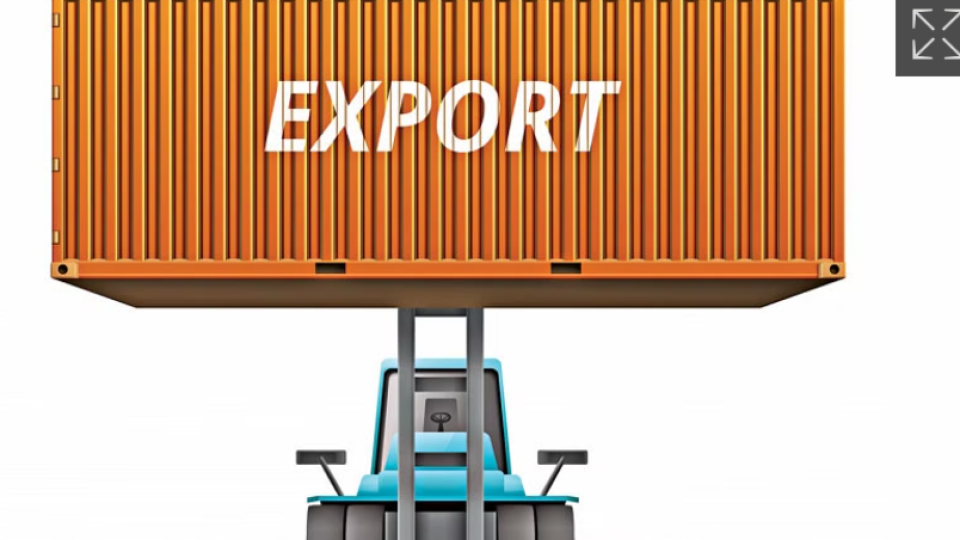May 22, 2023
DHAKA – Bangladesh needs better cost competitiveness and less complexities in its taxation and foreign exchange policies to boost exports to Japan while also attracting more investment from the country, according to experts.
“The business environment in Bangladesh needs improvement to attract more foreign direct investment from Japan and explore the potential of an economic partnership agreement between the two countries,” said Japanese Ambassador Iwama Kiminori.
Kiminori was speaking at a seminar, styled “Bangladesh-Japan Relationship: Trade and Investment”, jointly organised by the Embassy of Japan in Dhaka and Centre for Policy Dialogue (CPD).
The event was held at the embassy’s premises in the capital’s Baridhara on May 16.
Kiminori then said he believes the two countries will have an even more fruitful relationship in trade and investment in the future following Bangladesh Prime Minister Sheikh Hasina’s visit to Japan last month.
Fahmida Khatun, executive director of the CPD, said Bangladesh is currently undergoing a double transition considering the challenges posed by the fourth industrial revolution as well as its impending graduation from a least developed country.
To promote Japanese investment in Bangladesh, a dedicated economic zone is being constructed in Araihazar, Narayanganj, with tax exemptions, income tax immunity, duty-free exports, cash incentives and bonded warehouse facilities for companies from the island nation.
Khatun emphasised on the importance of skills development and addressing climate change in Bangladesh. And although the country has committed to reducing carbon emissions, it still needs to establish a clean and green production system.
She then mentioned that Japan has targets for clean energy investment and as such, the private sector of Bangladesh could collaborate with Japanese companies to explore sustainable solutions.
Masrur Reaz, chairman and founder of the Policy Exchange Bangladesh, said Japan has a strong interest in the country due to its long-term growth prospects, demographic dividend, and cost competitiveness.
He suggested the key areas to focus on for improving trade with Japan include moving away from ad-hoc general investment promotion practices and adopting an integrated trade and investment approach.
Yuji Ando, country representative of the Japan External Trade Organization (Jetro), said there are several important factors for Bangladesh to consider for achieving cost competitiveness and higher exports, particularly to Japan.
He highlighted the importance of a free trade agreement or economic partnership agreement to compensate for the loss of GSP+ facilities following the country’s graduation in 2026.
Ando also suggested developing platform industries and procuring raw materials domestically to reduce costs.
Tareq Rafi Bhuiyan (Jun), secretary general of the Japan-Bangladesh Chamber of Commerce and Industry, said Japanese companies are interested in expanding their operations in Bangladesh.
However, referring to the latest Jetro survey, he said 67 per cent of respondents cited the lack of skilled labour as a major issue for investment.
He also highlighted the importance of ensuring the satisfaction of existing investors in Bangladesh by addressing issues in the country’s taxation policies, foreign exchange policies, customs clearance delays and payment transfer procedures.


